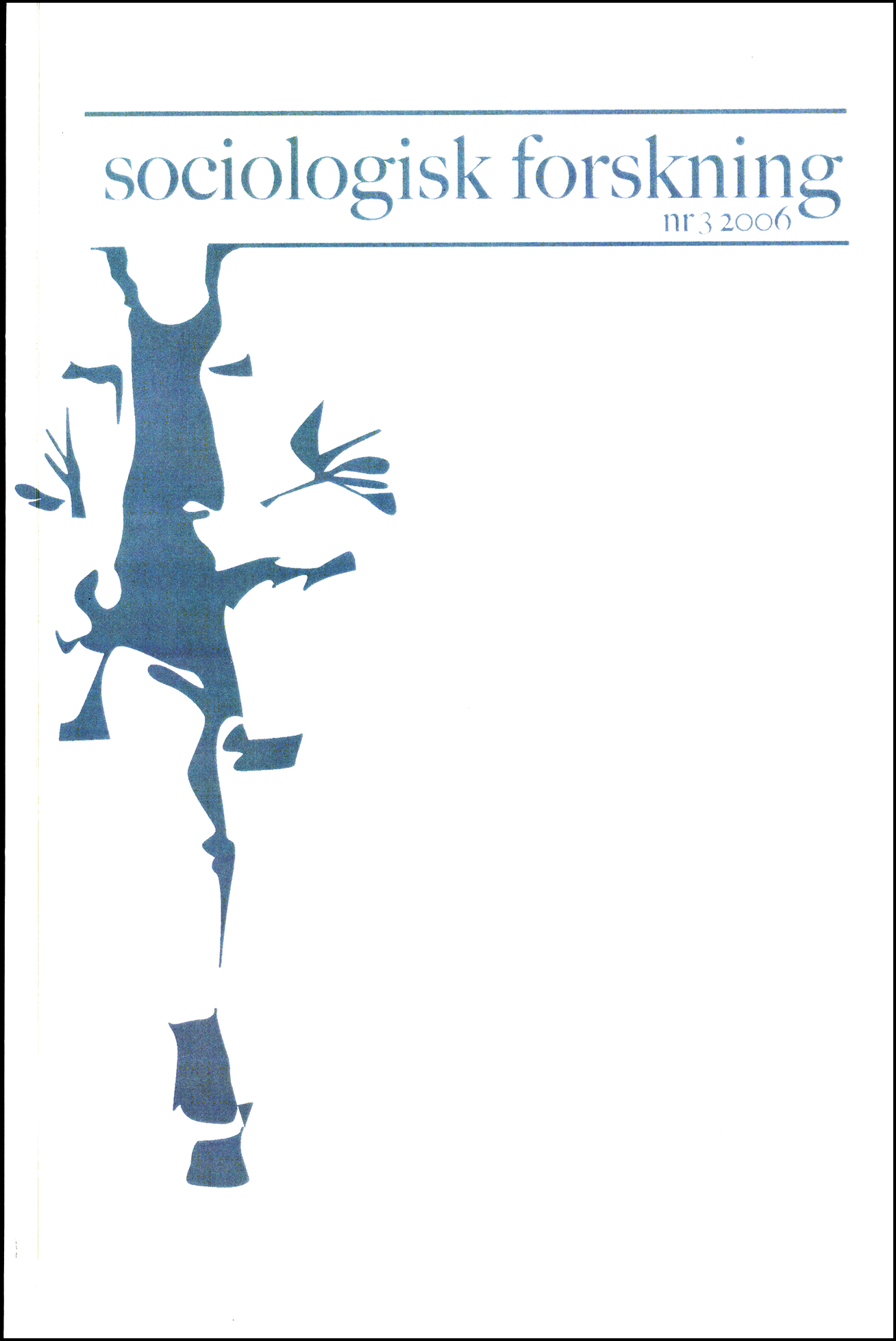Så blev vi alla rasister
Om forskning som bländar och förblindar
DOI:
https://doi.org/10.37062/sf.43.19307Nyckelord:
structuralism, oppression, racism, democracyAbstract
“Structural oppression” has become a key concept in contemporary Swedish debate on migration and ethnic issues. The aim of this article is to critically examine this explanatory concept that has caused confusion among researchers and politicians. There is a tendency among the advocates of the concept to not accept alternative interpretations. By scrutinizing the theoretical foundations of the perspective this propensity is criticized. When every difference between immigrants and ethnic Swedes is characterized as oppression you confuse a descriptive structuralism with a normative structuralism. One argument in the article is that by doing this you will miss the opportunity to identify social problems other than an oppressive Swedish population. The inability of the perspective to include active subjects is discussed in this context. One consequence is that normative structuralism can not explain the complexity of multicultural relations. In short, the concept of structural oppression can not explain the process that has lead to the present social situation. Normative structuralism therefore comes with a reductionism, which is criticized. As an alternative it is argued for a pluralistic research policy. Another peculiarity with the use of “structural oppression” in contemporary debate is that there is a conceptual drift from “oppression” towards “racism”. This drift is damaging because the interpretation of “racism” in the structuralistic framework makes the majority of the population racist. But, who can be accused for racism if everybody is a racist?
Downloads
Publicerad
Referera så här
Nummer
Sektion
Licens
Allt material i Sociologisk Forskning publiceras med omedelbar öppen tillgång (open access), under Creative Commons-licensen CC BY-NC-ND 4.0.
Allt innehåll i tidskriften är fritt tillgängligt utan kostnad och får för icke-kommersiella syften fritt läsas, laddas ned, kopieras, delas, skrivas ut och länkas. Innehållet får dock inte ändras. När innehållet används måste författare och källa anges. Upphovsrätten till innehållet tillhör respektive författare. Inga publiceringsavgifter tas ut.





